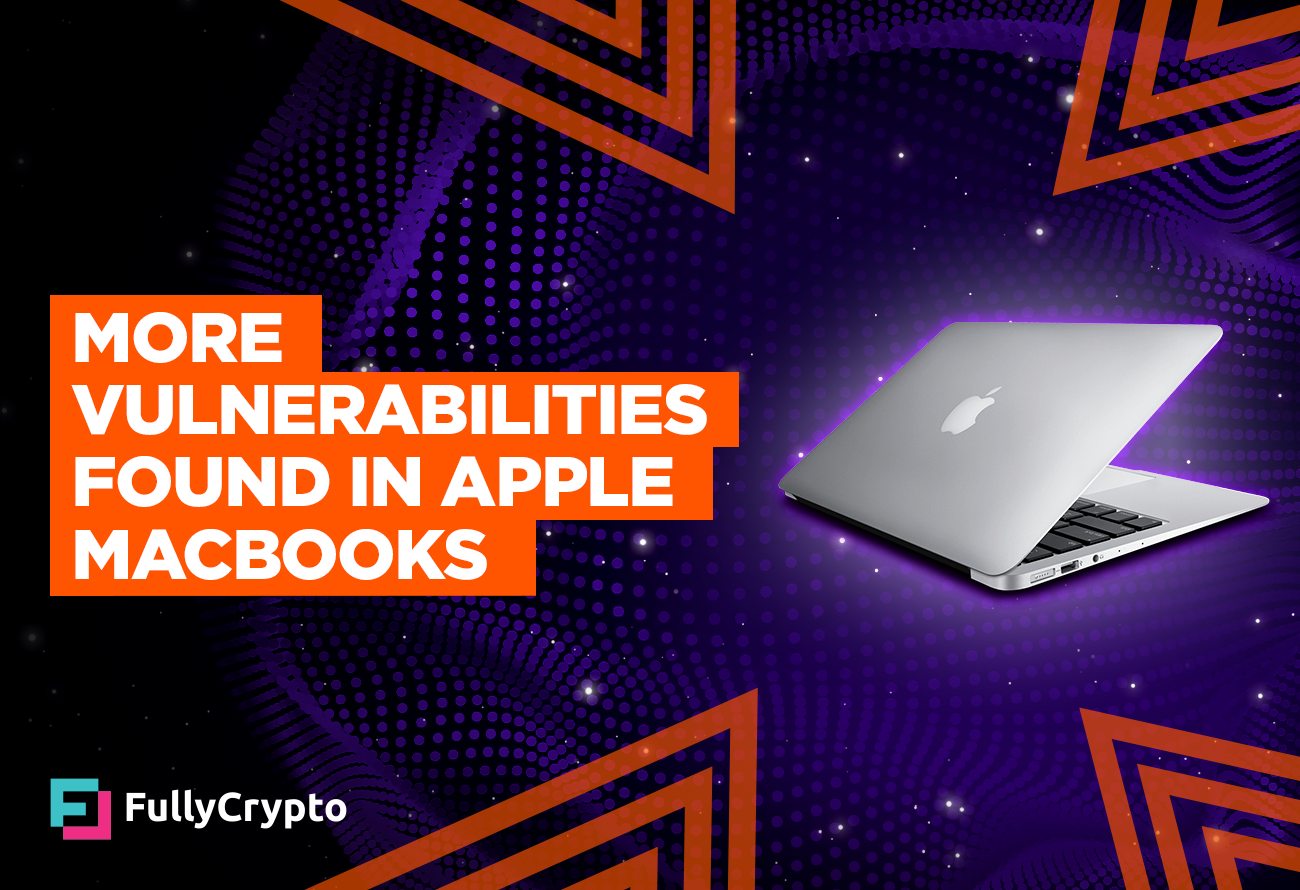
Reading Time: 2 minutes
- Apple has acknowledged a security flaw in its M-series chips, potentially compromising cryptographic keys
- The vulnerability, termed “GoFetch,” affects devices with M1, M2, and M3 processors
- Users are advised to update their devices and employ additional security measures to mitigate risks
Apple has confirmed the existence of a security vulnerability in its M-series chips, which could expose cryptographic keys to potential attackers. The flaw, known as “GoFetch,” impacts devices powered by M1, M2, and M3 processors. The news represents another blow to Apple’s previously stellar reputation for security, with users encouraged to update their devices promptly and consider implementing supplementary security protocols.
Understanding the “GoFetch” Vulnerability
Apple revealed the flaw earlier this week, stating that it affects anyone running macOS Sequoia 15.1.1. The “GoFetch” vulnerability exploits the Data-Memory Dependent Prefetcher (DMP) in Apple’s M-series chips. This hardware optimization, designed to enhance performance by predicting data access patterns, inadvertently allows malicious applications to infer the contents of memory, including sensitive cryptographic keys. Researchers have demonstrated that this flaw can be exploited without requiring elevated privileges, posing a significant risk to data security.
For individuals utilizing Apple devices to manage cryptocurrency wallets, the “GoFetch” vulnerability presents a notable concern. Cryptographic keys are fundamental to securing digital assets; if compromised, they could lead to unauthorized access and potential financial loss. Security experts advise users to remain vigilant and adopt best practices to protect their assets.
Recommended Security Measures
To mitigate the risks associated with the “GoFetch” vulnerability, Apple advises users to take the following steps:
- Keep Devices Updated: Regularly install the latest software updates provided by Apple, as these may contain patches addressing security vulnerabilities
- Use Hardware Wallets: Storing cryptocurrency keys in dedicated hardware wallets can provide an additional layer of security, isolating them from potential software exploits
- Enable Two-Factor Authentication (2FA): Implementing 2FA adds an extra verification step, making unauthorized access more challenging
- Be Cautious with Third-Party Applications: Only install applications from trusted sources, and be wary of granting unnecessary permissions that could expose sensitive data
By adopting these precautions, users can reduce the likelihood of exploitation through the “GoFetch” vulnerability. Staying informed about potential threats and maintaining robust security practices are essential steps in safeguarding digital assets.
The flaw comes eight months after MacBook users were warned that the M-series of processors contained a critical flaw that could only be mitigated rather than eradicated. It isn’t clear whether the two flaws are connected but either way, they represent major concerns for MacBook users.















